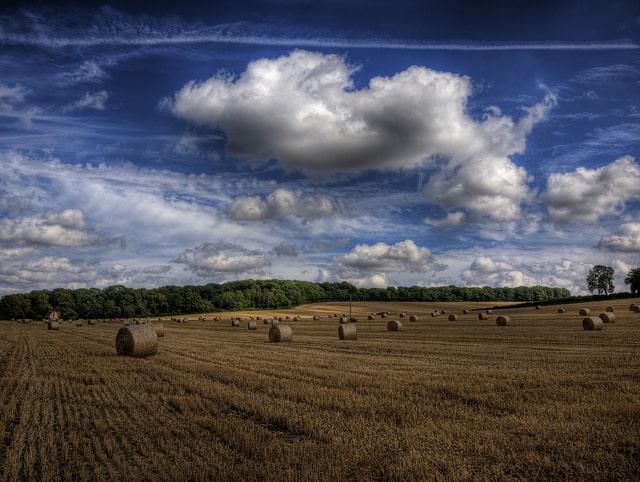
Getting Open Data out of the cloud and back on the ground to create real impact
In order to transform our food systems and make the way we grow, sell and consume food more sustainable we need data. We need data that is open and online.

by Guest Contributor | Mar 3, 2018 | Blog Competition, News
In order to transform our food systems and make the way we grow, sell and consume food more sustainable we need data. We need data that is open and online.
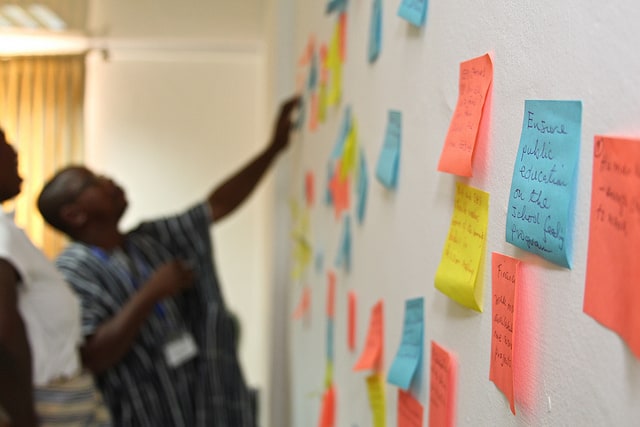
by Guest Contributor | Feb 28, 2018 | Blog Competition, News
As the supply of open data is increasing, it is equally important to consider the demand and usage of these data by the group targeted to benefit.
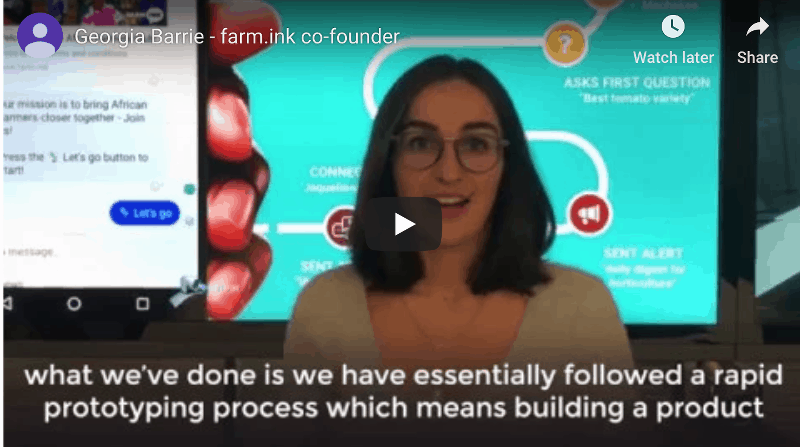
by Guest Contributor | Feb 22, 2018 | Inspire news
By @riccicoughlan for Innovate DFID Published on https://medium.com 22 february 2018 We started 2018’s series of innovation talks for DFID staff with a visit from farm.ink’s Adam Wills and Georgia Barrie. The Amplify-funded farm.ink is developing a chatbot which...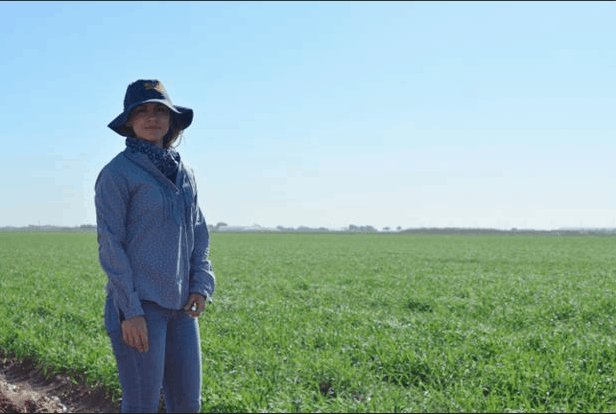
by Guest Contributor | Feb 19, 2018 | News
If we are to achieve food security by 2050, we need to first improve the way we collect and share information, says Carolina Rivera, a wheat physiologist at the International Maize and Wheat Improvement Center (CIMMYT) and data coordinator with the International Wheat Yield Partnership (IWYP).
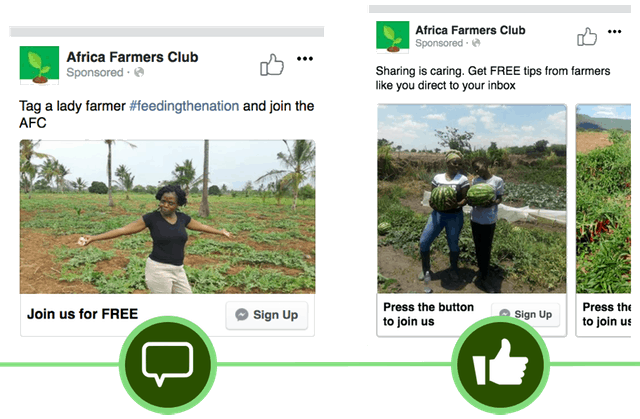
by Guest Contributor | Nov 28, 2017 | Inspire news
By Georgia Barrie, Co-founder of startup Farm.ink Published on https://medium.com. Nov 28, 2017 We recently launched a new Messenger chatbot called the Africa Farmers Club. It provides farmers with local trending news about their crops and a way to connect with other...
CGIAR Platform for Big Data in Agriculture advocates open data for agricultural research for development. It considers that opening up research data for scrutiny and reuse confers significant benefits to society.
However, the Platform appreciates that not all research data can be open and that a broad range of legitimate circumstances may require data to be restricted.

As an integral component of its advocacy for open data, the Platform promotes responsible data management through the entire research data lifecycle from planning, collecting, storing, disclosing or publishing, transferring, discovery and archiving.
These guidelines were created from information collected from: review on best and emerging practices across various sectors in the fast changing landscape of privacy and ethics (130 external resources); privacy and ethic materials sourced from seven CGIAR centers; first draft was circulated for input and feedback across CGIAR and incorporated into this edition. It’s important to note that this is an evolving document, the next stage is to consult externally for further input.
These Guidelines are intended to assist agricultural researchers handle privacy and personally identifiable information (PII) in the research project data lifecycle.


Ensure compatibility with the DMP-PII (as above) and also the purpose for which prior informed consent has been obtained
Ensure PII is stored securely to protect privacy, through organizational or project specific safeguards to prevent unauthorized access, accidental disclosure or breach of data (physical & technical)
Don’t store data in unsecured locations or on unsecured devices or servers
Don’t store encrypted data and encryption keys in locations where they can be easily accessed simultaneously
Don’t underestimate the importance and value of administrative safeguards to standardize practices (i.e. organizational policies, procedures and maintenance of security measures that are designed to protect private information, data and access)